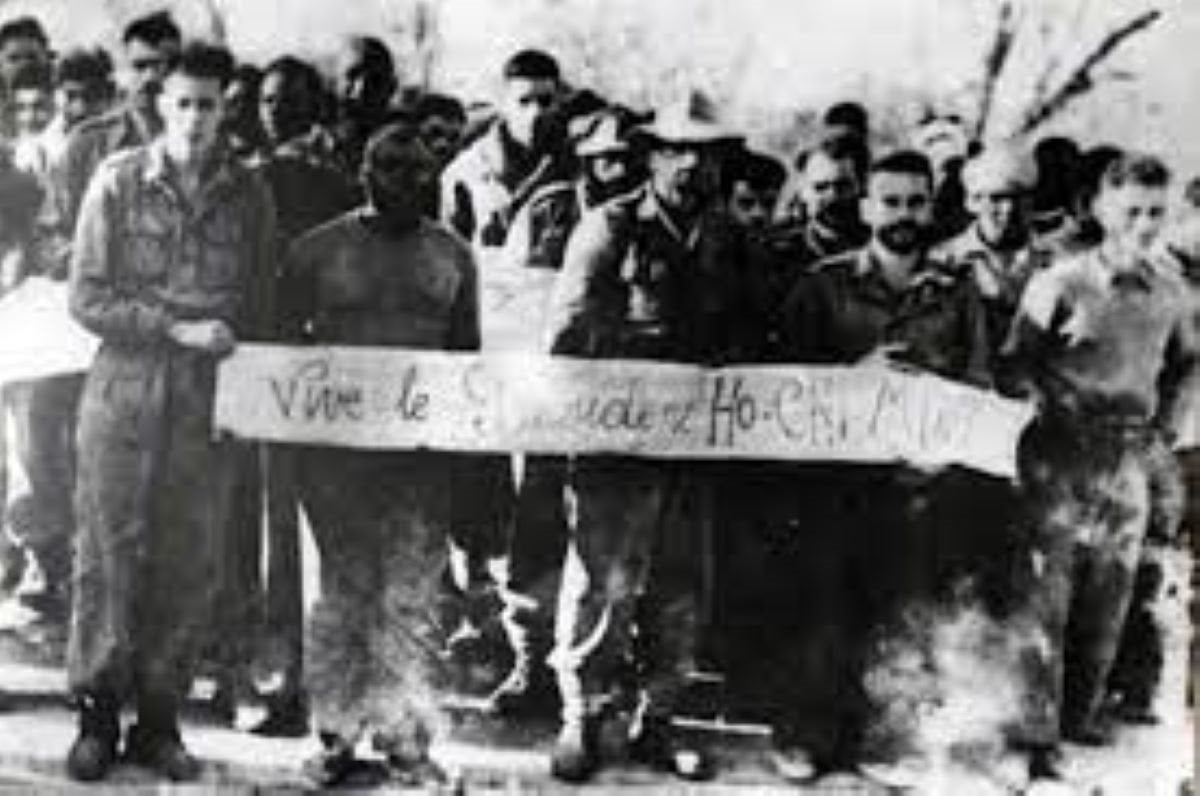
President Ho Chi Minh was the soul of our Party in outlining correct and creative resistance guidelines and policies, and was the one who closely directed, educated, motivated and encouraged our army and people in a timely manner throughout the 1953-1954 Winter-Spring strategic offensive and in the Dien Bien Phu Campaign.
During the resistance war against French colonialism in general, and the Dien Bien Phu Campaign in particular, Uncle Ho always reminded our cadres and soldiers to do a good job with the prisoner of war policy; combining it smoothly with military propaganda work, even though our conditions at that time were still full of difficulties and shortages.
At the end of the campaign, our troops captured tens of thousands of enemy soldiers, including thousands of wounded and seriously ill soldiers. Although the soldiers and laborers had spent a long time fighting, their health had declined, and there was very little food, medicine, and medical equipment left, the wounded and sick soldiers were still treated by our doctors and nurses; and the laborers on the front line enthusiastically carried them on stretchers to a safe place for treatment. Enemy prisoners were not only not tortured and beaten as they thought, but were also fed and taken to the concentration camp. In the camp, French prisoners and soldiers were nourished and cared for wholeheartedly by our troops. They were examined and treated, given prescribed rations, and lived according to unified rules. Every day they had to clean their personal hygiene and living quarters, exercise, and play sports. The management staff also propagated and explained clearly the lenient policy of our Party and State, helping them to relieve their anxiety and fear of retaliation.
Although the crimes committed by the French colonialists against our army and people were enormous, with their tolerance and humanity, as well as the lenient and generous policies of the Party and State, our army and people did not use hatred to take revenge, nor did they use anger to punish French prisoners of war and deserters. That action clearly demonstrated humanity, love of peace, the desire to end all hatred, and open up new relationships after the war. This is also the continuation of our nation's precious tradition: "Using great justice to defeat cruelty, using benevolence to replace violence".
President Ho Chi Minh, the Party, the State and our people have upheld the ideology of humanity and justice towards the defeated invaders. Immediately after the successful Border Campaign in 1950, President Ho Chi Minh signed an amnesty decision, releasing both the commanders of the army corps, Le Pagie and Sartong, along with hundreds of French prisoners of war, and allowing them to return.
Before the Dien Bien Phu Campaign, on March 30, 1953, President Ho signed a decision to release 200 North African prisoners of war. In a letter to the prisoners, Uncle Ho wrote: "I know that it is not your fault, you are all victims forced to take up arms and fight for the French colonialists". He also wrote: "I think that one day soon the two French and Vietnamese peoples can work together in peace and friendship, to seek happiness for the two peoples". Uncle Ho explained to the prisoners of war: "You know that war is war. The Vietnamese army only fights in battles, after the battle against the defeated army, the Vietnamese army considers the soldiers as French people; the deprivation is only due to circumstances". He also told the prisoners of war who were legionnaires: You and I may have different skin colors but our blood is the same red, you cannot die in vain, stand on the side of the Vietnamese people's cause.
During the resistance war against French colonialism, about 1,300 legionnaires deserted to the Viet Minh and volunteered to join the resistance war against French colonialism. Many of them made great contributions to the Viet Minh; many later became cadres of the Viet Minh. President Ho Chi Minh called them “new Vietnamese”. During a visit to prisoners of war, seeing a French officer suffering from malaria, he even took off his coat and gave it to them. His gesture not only made the French prisoners and legionnaires cry, but also helped them understand the just war of the Vietnamese people.
Since the summer of 1953, when France was bogged down in Indochina, the anti-war movement in France was also on the rise. France also considered withdrawing from Indochina with honor, but relying on its position as a great power, France did not want to talk directly with Vietnam but wanted the restoration of peace here to be arranged by the great powers. On November 26, 1953, answering a Swedish journalist, President Ho Chi Minh declared: "If the French Government has learned a lesson from the war of the past few years and wants to reach a ceasefire in Vietnam in a peaceful way, the people and the Government of the Democratic Republic of Vietnam are ready to accept that wish." That was also the humane and humanitarian thought of President Ho. He did not want the unjust war caused by the invading French colonialists to not only cause the deaths of innocent Vietnamese people but also cause French soldiers to suffer great losses.
The Geneva Agreement ended the war of aggression by the French colonialists with the support of the United States in Vietnam and Indochina. This was truly a new turning point, a new stage of struggle of our army and people with new methods; not only fighting by military means but also by many other means to achieve the goal of unification, independence and democracy throughout the country, defeating the enemy's plot to permanently divide our country.
The historic victory of Dien Bien Phu, the pinnacle of the resistance war against French colonialism, was first of all the victory of the correct and creative political and military line of the Party, headed by President Ho Chi Minh. At the Special Political Conference (March 1964), Uncle Ho said: “... The victory of Dien Bien Phu gloriously ended the long, arduous and heroic resistance war of our people against the French colonialists and the intervention of American imperialism. It was a great victory of our people, and also a common victory of all oppressed peoples in the world. The victory of Dien Bien Phu further illuminated the truth of Marxism-Leninism in today's era: The imperialists' war of aggression is bound to fail, the liberation revolution of the peoples is bound to succeed...”.
The tradition of steadfast fighting, humanity towards prisoners of war, enemy deserters and Uncle Ho's humane and humanitarian ideology were successfully applied by our people in the resistance war against the US to save the country. American prisoners of war and deserters were treated very humanely, educated and returned to reunite with their families, some later became US senators and ambassadors to Vietnam. Many prisoners of war had good feelings for our people, they themselves built a bridge to reconnect the solidarity between the two peoples and opened up a new direction of cooperation between the two countries. The tradition of great justice and humanity demonstrated through the resistance wars against foreign invaders is the message that our people want to send to peace-loving organizations and people around the world; at the same time, it is also a warning to hostile forces plotting to sabotage or violate our country's territory and territorial waters.
LE QUY HOANGSource


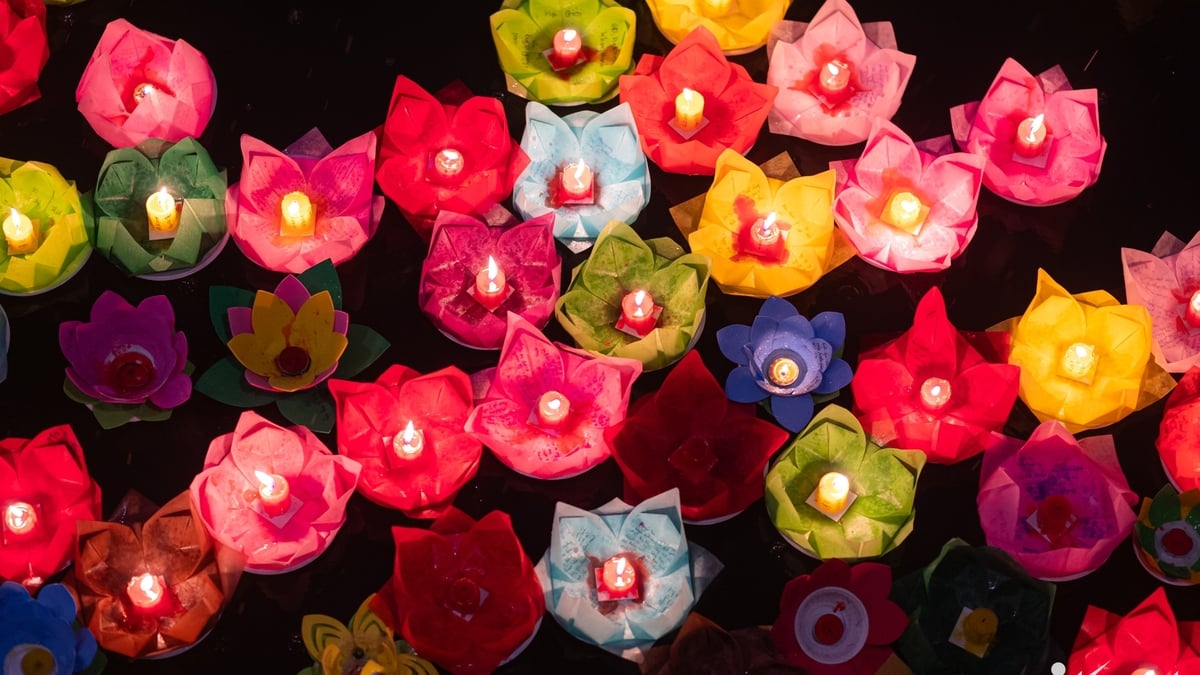

![[Photo] Ho Chi Minh City: Many people release flower lanterns to celebrate Buddha's Birthday](https://vphoto.vietnam.vn/thumb/1200x675/vietnam/resource/IMAGE/2025/5/10/5d57dc648c0f46ffa3b22a3e6e3eac3e)
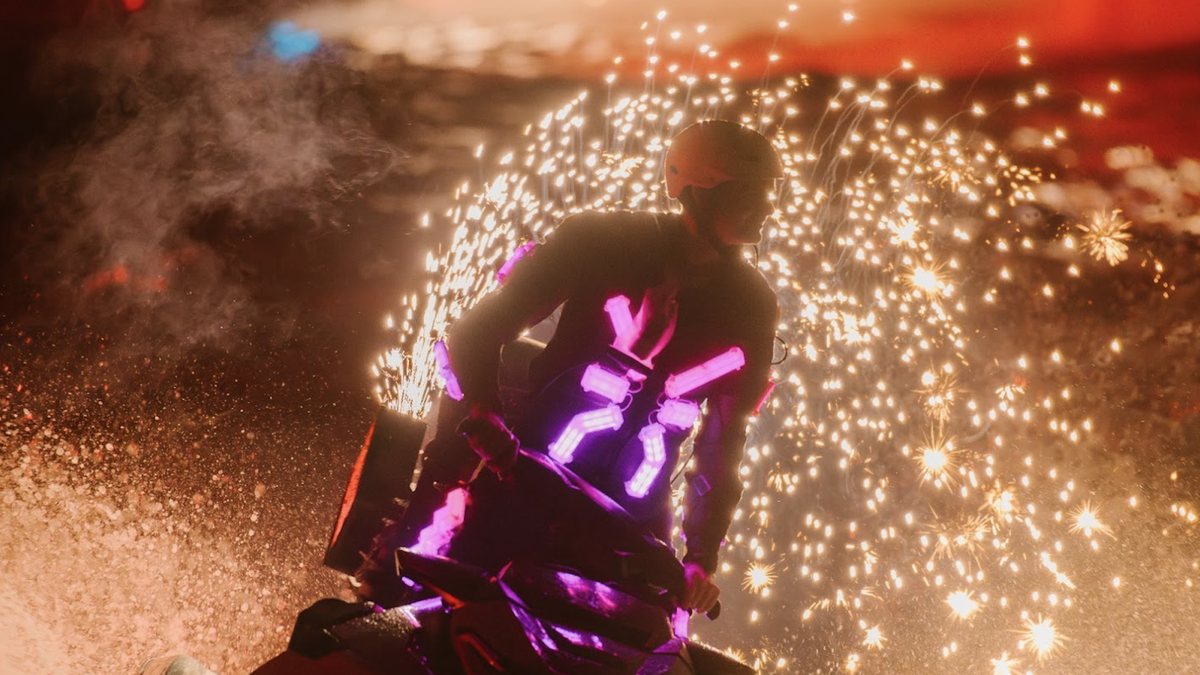
![[Photo] General Secretary To Lam meets with Chairman of the Federation Council, Parliament of the Russian Federation](https://vphoto.vietnam.vn/thumb/1200x675/vietnam/resource/IMAGE/2025/5/10/2c37f1980bdc48c4a04ca24b5f544b33)
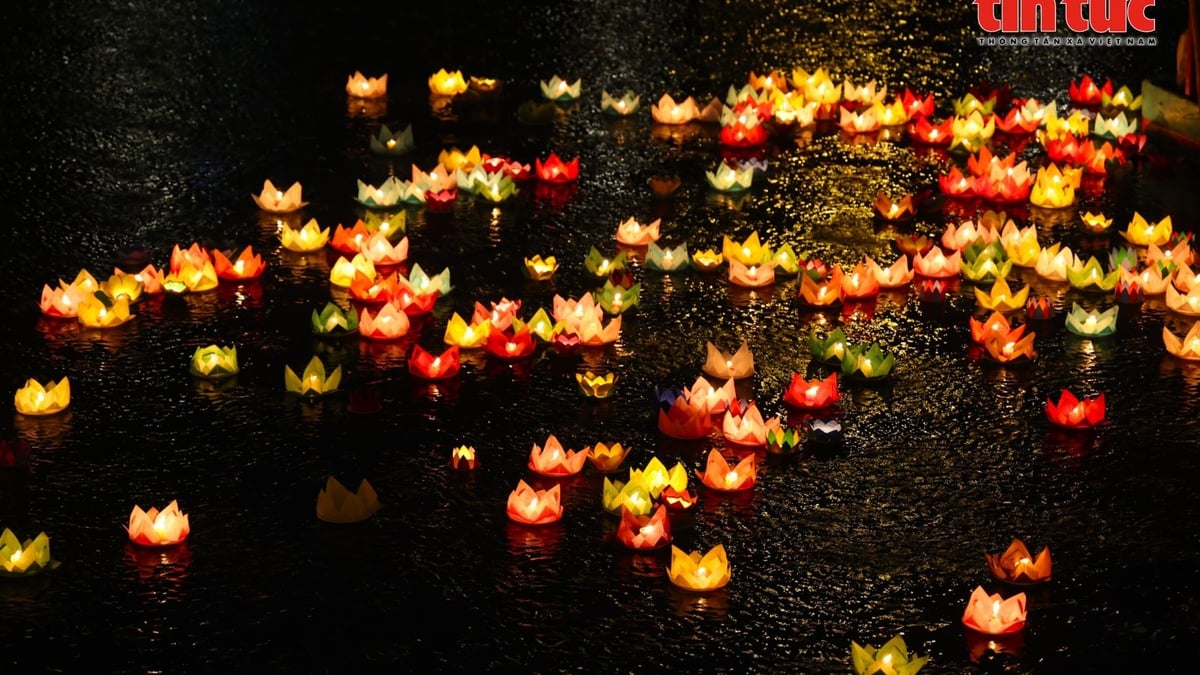


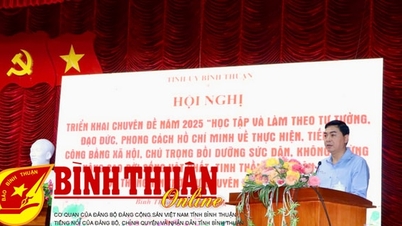

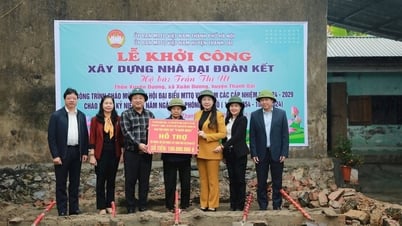


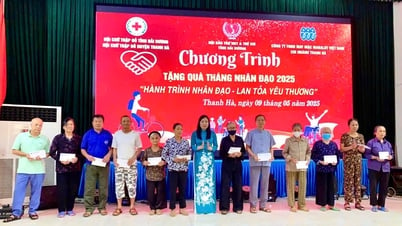
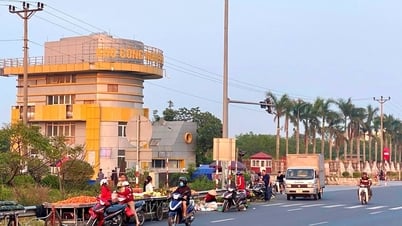
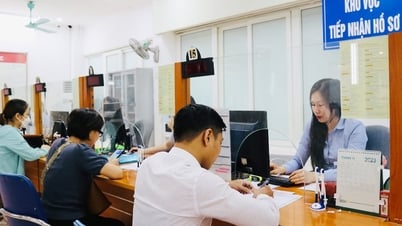
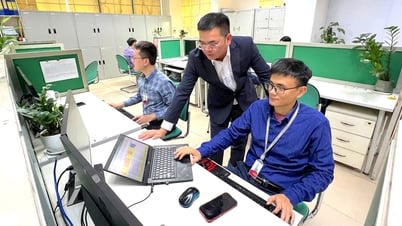
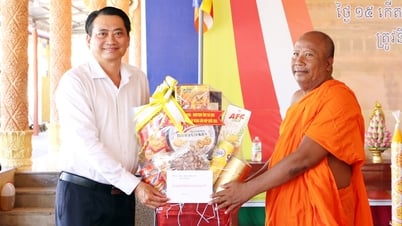
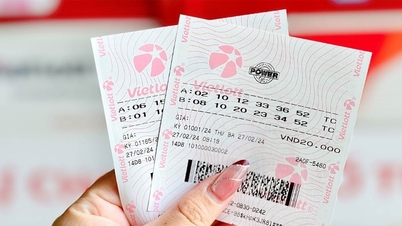




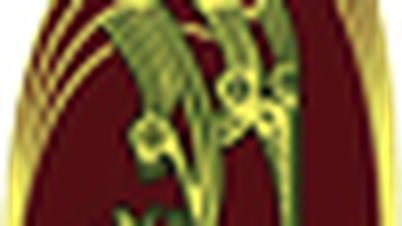

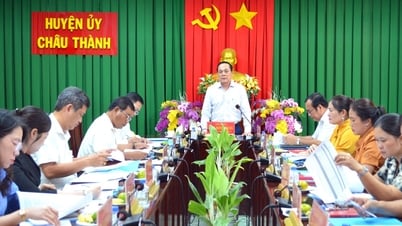
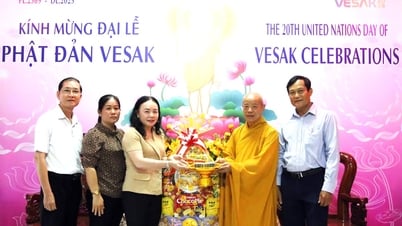
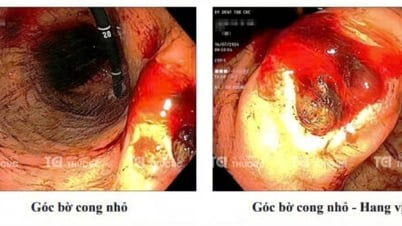
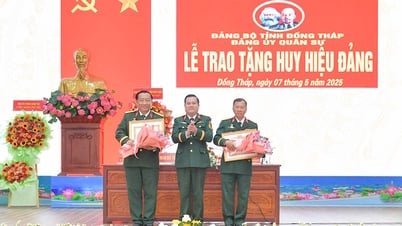
![[Video] 24-hour news on May 9, 2025: General Secretary To Lam officially visits the Russian Federation and attends the 80th anniversary of Victory Day in the Great Patriotic War](https://vphoto.vietnam.vn/thumb/1200x675/vietnam/resource/IMAGE/2025/5/10/5eaa6504a96747708f2cb7b1a7471fb9)















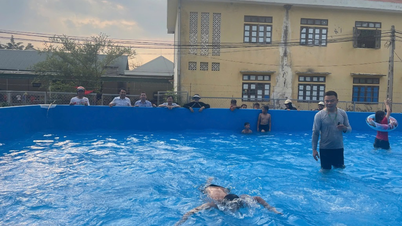














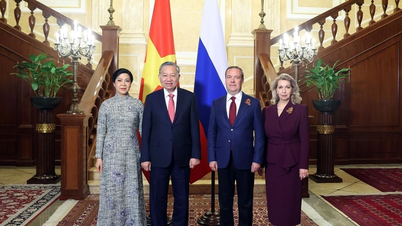

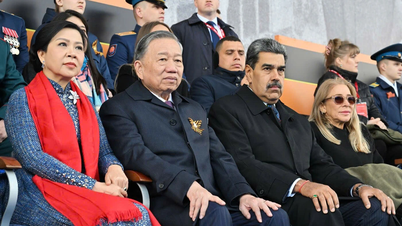





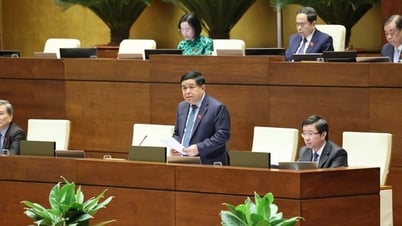

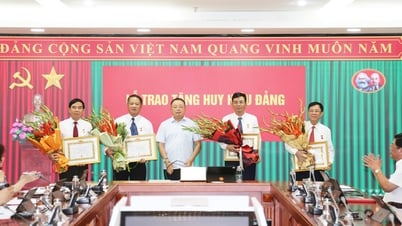

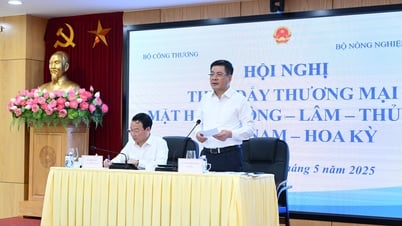


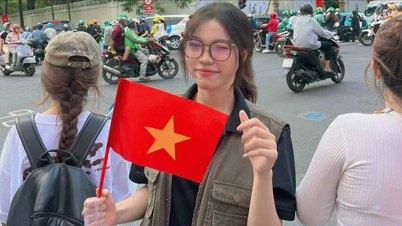






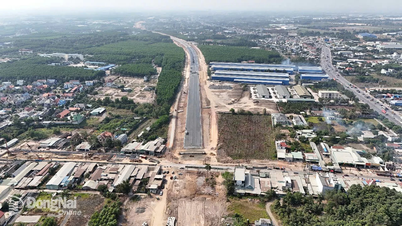










Comment (0)